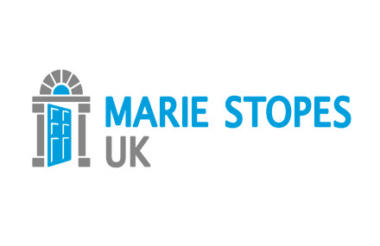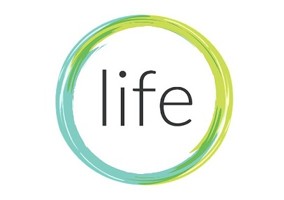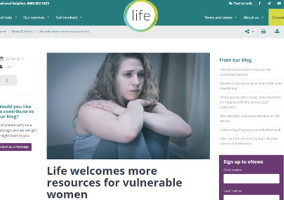Charities have defended services which provide abortions at home during lockdown after they were accused of being easy to abuse.
Marie Stopes UK (MSUK) and the British Pregnancy Advisory Service (BPAS) were both criticised by Christian Concern earlier this month, which claimed that the charities' telemedicine services were easy to manipulate.
In March, the government introduced temporary guidance to allow women to take medical abortion pills at home, up to 10 weeks gestation. This was so that people could receive care during Covid-19 without needing to travel.
Christian Concern stated that eight volunteers took part in a mystery client exercise to see if BPAS and MSUK were “abiding by the law and properly caring for women”.
It claimed: “In every case, pills were sent to the volunteers, despite using false names, dates of birth and gestational dates. In one case, the volunteer gave a date that could only have led to an abortion beyond the 10-week safety limit given in the regulations.
“The investigation shows that these home abortion schemes are wide open to abuse and leading to dangerous and illegal ‘DIY’ abortions.”
Charities say services are 'safe and effective'
Richard Bentley, managing director for MSUK and Dr Jonathan Lord, medical director for MSUK, said: “All the ‘investigation’ by Christian Concern demonstrates, is that three women pretending to be distressed and in need of an abortion, were able to access safe and effective abortion care without risk to themselves or their families, in line with current UK regulations.”
They added that it is “disappointing” that Christian Concern “is now trying to derail this policy”.
“Had telemedicine not been available, there is a real danger that some women may have turned to illicit sources for abortion pills and would not have had the safeguarding and aftercare provided by a regulated service,” they said.
MSUK confirmed that it does not perform identity checks. “We trust women to give us honest information and, in our experience, the only people who knowingly abuse that system are, as in this case, anti-choice organisations.”
A spokesperson for the BPAS said that the charity was “proud to be able to support women in this way in the UK”.
They said: “Far from putting women at risk, this safe and simple measure has protected women’s health during this unprecedented health crisis. For women who cannot travel to a clinic because of underlying health conditions or those living with coercive partners or family members who will not let them leave their homes, being able to access treatment in this way can quite simply be life-saving.
“Women have told us just how much they value this service, which has also become the standard of high quality, woman-centred care in many other countries around the world, and we are proud to be able to support women in this way in the UK.”
‘The service can be manipulated by a third party’
Christian Concern also stated that “the service can be manipulated by a third party to obtain abortion pills for an underage sexual abuse victim without any scrutiny”.
MSUK said this suggestion “is also unfounded as our teams deal directly with individuals”, and that underage survivors “can find it less frightening to talk about distressing and intimate details over the phone”.
Dr Lord added: “There is a real danger that had this service not been available, some women may have instead turned to illicit sources without the safeguarding and aftercare provided by a regulated setting, or been put at risk of violence by having to divulge to a controlling partner that they were seeking an abortion.
Related articles












